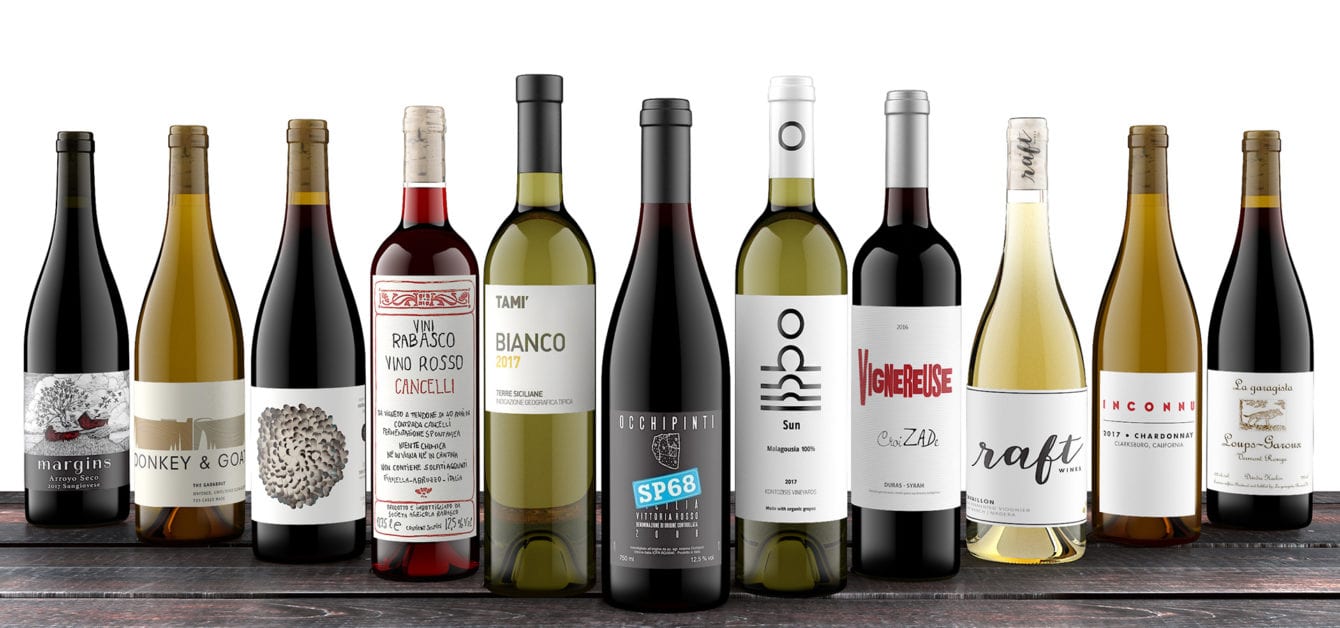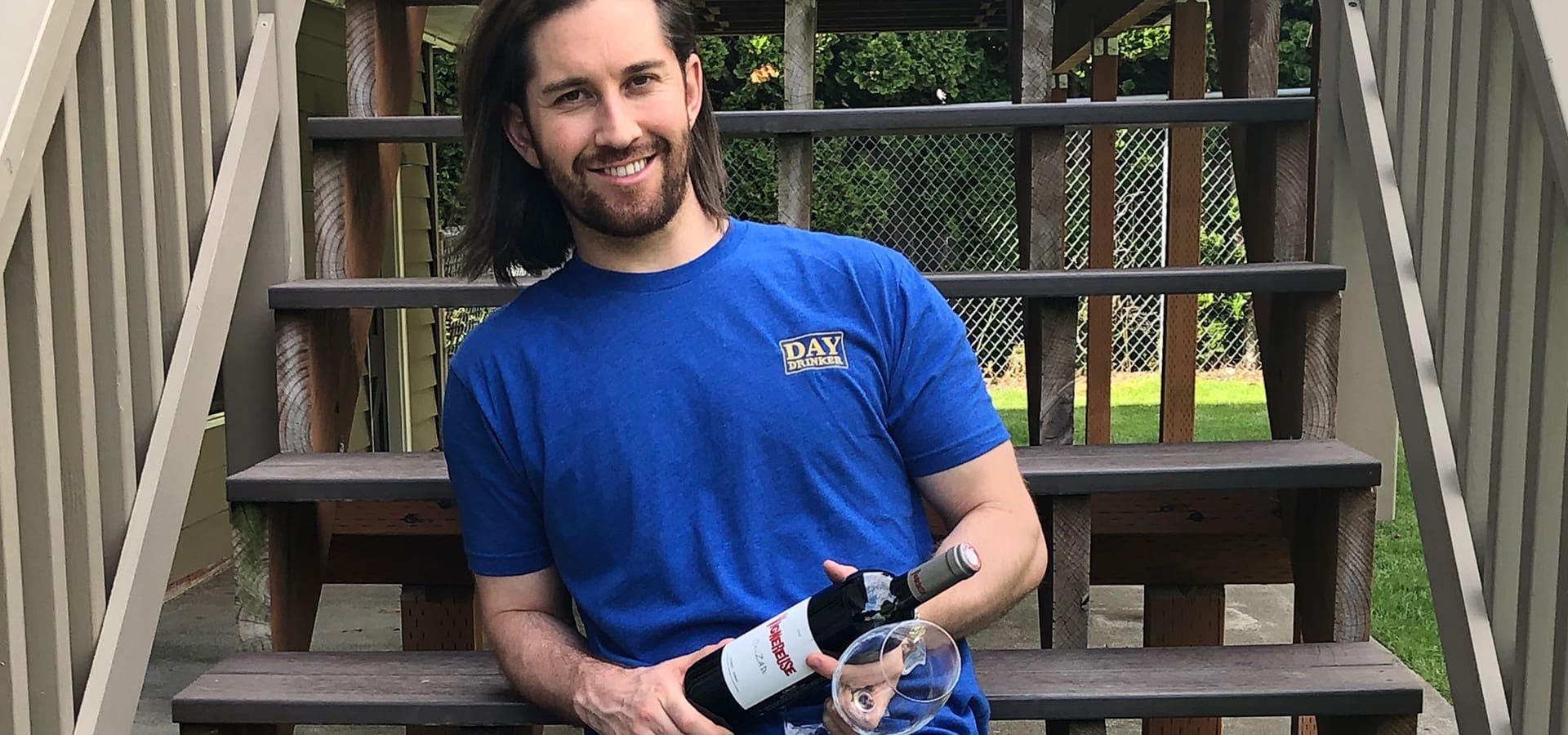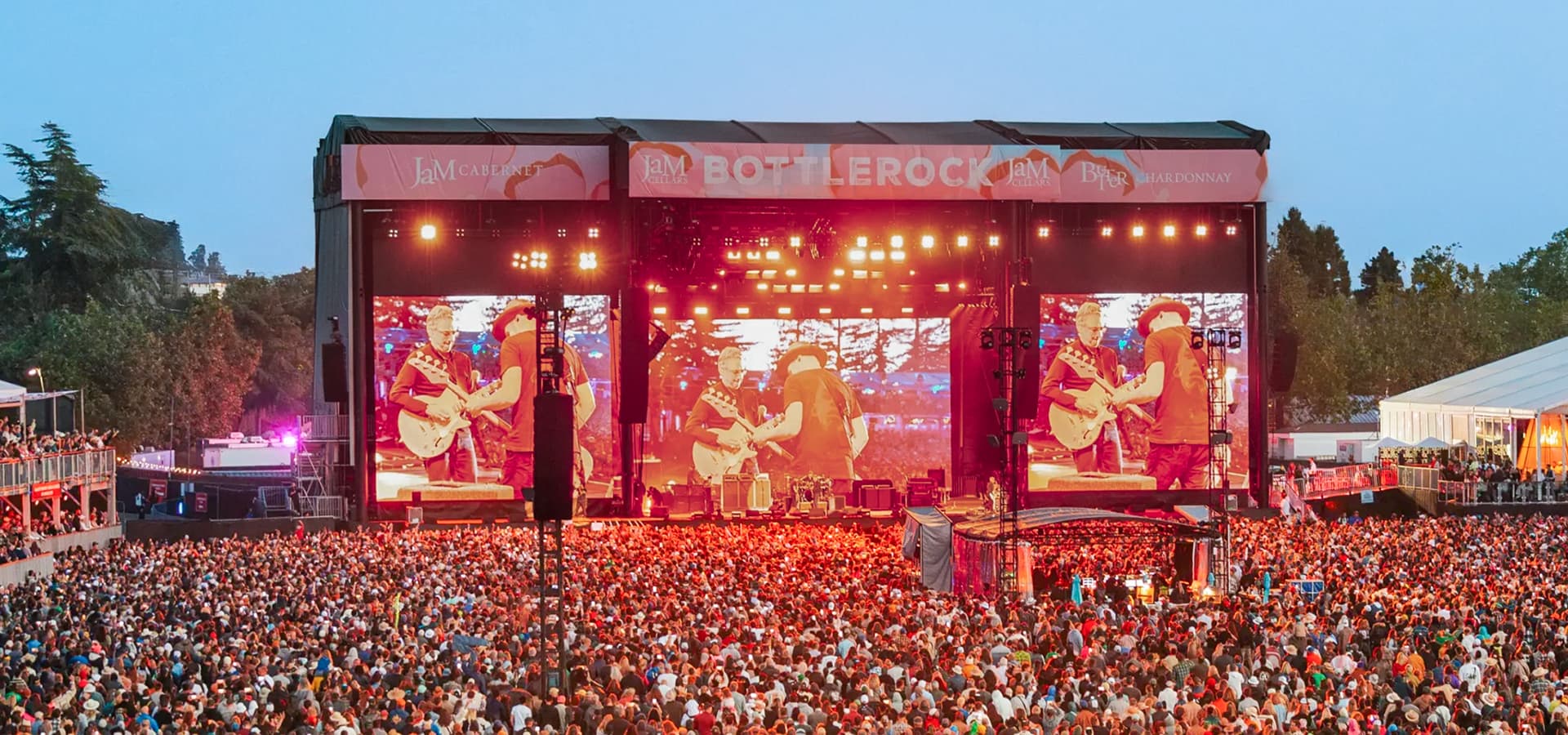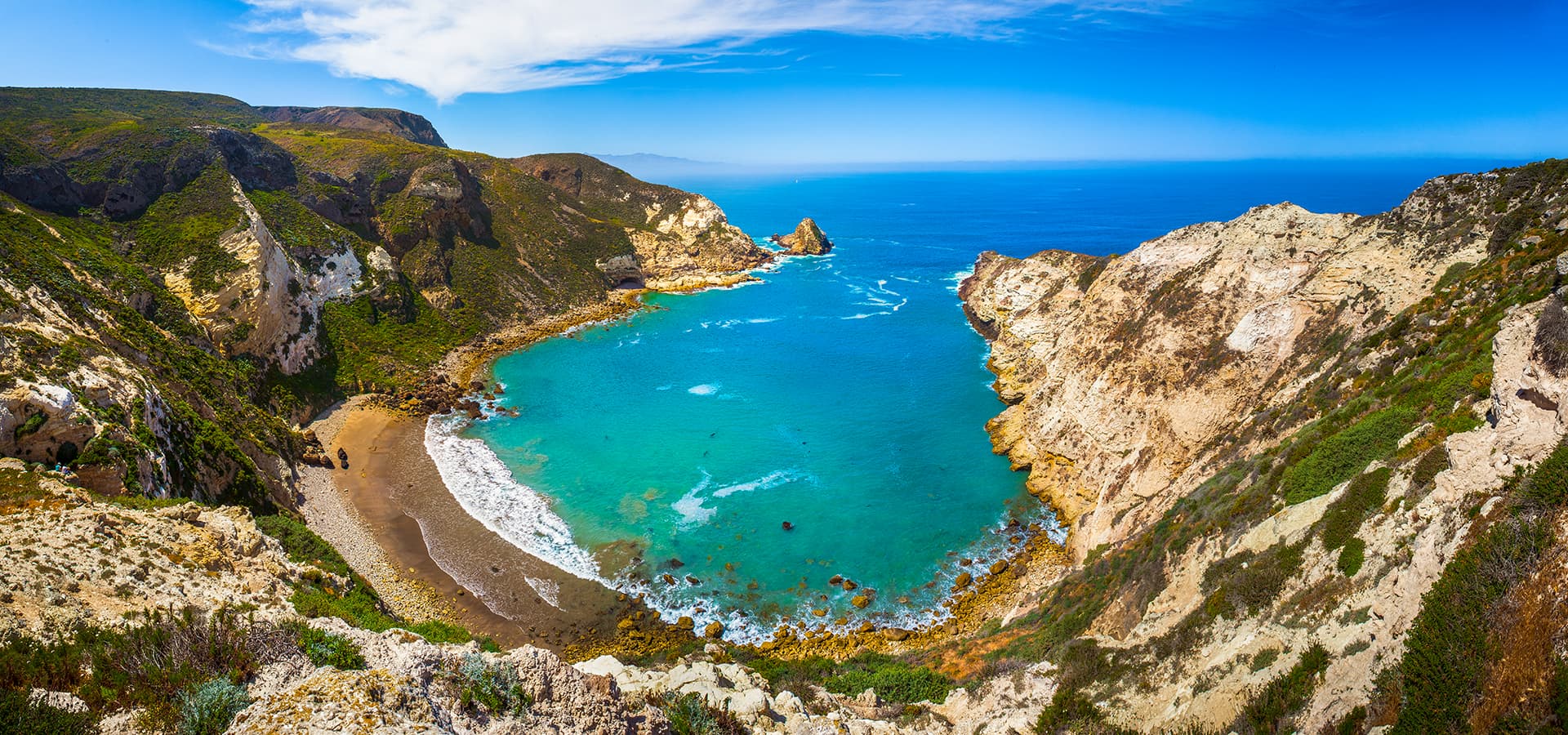If you follow the California wine industry, you probably notice a new-ish kid on the block that’s generating plenty of buzz. It’s not a particular winery, or even a specific bottle. It’s more of a movement (advanced apologies to the Italians and French).
It’s natural wine.
And though there’s a bunch of activity in the Golden State around natural wine, it’s actually a process rooted in ancient times, with makers and fans in just about every wine-producing region in the world. But what exactly is natural wine? Is it organic? Is it unfiltered? Is it good?
We had plenty of questions to field Josh Jacobsen, owner of Rae Vino, a NorCal-based purveyor of bottles from small production, emerging natural winemakers. Josh left the tech world a couple years ago to pursue his passion for natural wine and now brings it to consumers across the state. Here Josh gives us a crash course in the product.
First, the million-dollar question. What exactly is natural wine?
Josh Jacobsen: Definitely the million-dollar question. The term is a controversial one in an ongoing debate since there’s no regulated definition … yet. Most people agree on organic or biodynamic farming as a required starting point, but from there the opinions diverge on what should or shouldn’t be done when growing grapes and making wine from them. For us, the “nothing added, nothing taken away” generalization is a helpful starting point but you can see our official definition on our website.
So it’s different from organic? How so?
JJ: Yes, though the two are often, and understandably, confused with one another.
If we summarize “organic” as disallowing synthetic chemical usage, then we’d differentiate “natural wine” as going several steps further by also adhering to self-imposed vineyard and winery practices. The goal is to maintain the integrity of the wine’s natural character (aromas, flavors, appearance, etc.), all of which can still be manipulated for mere commercial uniformity and aesthetics under the organic category.
When I went to a natural wine event in LA last year, I was surprised how young the crowd was. What do you think is drawing a younger demographic to natural wine?
JJ: Specific to the event in the LA market, I think there are some prominent local industry figures who are doing a great job spreading awareness of natural wine through their editorials and podcasts, perhaps indirectly boosting attendance. That said, it’s been my experience that younger generations place an importance on environmental responsibility, healthier alternatives, and supporting independent or family-owned businesses over corporations that don’t share those values, all of which generally describe the natural wine community.

But natural wine isn’t exclusively a California movement, right?
JJ: The origins are certainly international as natural wine is simply how wine was made in ancient times. That said, calling it a “movement” outside of the U.S. might occasionally be met with mild annoyance that the term “natural wine” even exists, believing it’s merely the definition of wine and that it’s the industrial sector that should have to adopt a special term to describe their processed product that can drastically deviate from the real thing.
What inspired you to get in the natural wine biz?
JJ: I wanted to work with wine, and my initial exposure to natural wine was much more enjoyable than anything I’d had before. Natural wines haven’t been stripped of their character and there’s such an obvious difference in their taste and textures that I can’t imagine opting for conventional wine if given the choice. Once I learned a bit more about farming practices, potential health risks, and questionable processing associated with the extreme ends of the conventional wine spectrum, I was motivated to be part of the solution in elevating natural wine to a mainstream standard rather than a niche with a cult following.
Tell us a little about Rae Vino and the process for potential members.
JJ: Rae Vino is the realization of a dream for me. The dream of working in the wine industry and having the opportunity to set an example for my daughter (after whom the company is named) on how to positively contribute to a greater mission.
In our case, that mission is supporting the natural wine community as it wasn’t enough for us to just sell bottles. Wine is a commodity, and despite assertions of small-batch wines supposedly exclusive to a given retailer, consumers can ultimately get what they want from a multitude of sources. What we offer beyond the core product is our commitment to help move the needle on things that are related to, but ultimately bigger than, wine, for example, the environment, through our recurring CCOF charity donation, waste reduction by refusing to adopt aesthetically appealing but superfluous packaging in the name of branding or “unboxing” experiences and gender equality by elevating female winemakers whenever possible.
If those things are appealing, then we offer fantastic wines at reasonable prices that can either be purchased a la carte or curated for a recurring monthly delivery as part of our wine club. While we certainly encourage and appreciate repeat purchases of favorites, our goal isn’t to identify patterns or use an algorithm to determine your historical preferences but rather, reshape them by introducing you to new regions, grapes and producers that you may not have considered or known you’d like. The education and discovery is just as important to us as the enjoyment of the wine itself, and we hope people will join us on that journey.
Who are some of your favorites California natural winemakers?
JJ: Too many to name. The domestic/U.S. sections of our online shop are a good snapshot, though there are a couple dozen more with whom we’re still hoping to partner. I’ll forever be grateful to Harrington Wines and Subject to Change for continually having me at their wineries, not as a retailer but as a fellow wine lover hoping to learn from how they approach their craft. The initial exposure I’ve had has been invaluable for my own winemaking and in further appreciating the hard work and dedication that undoubtedly exemplifies the natural community we support.
What’s next for your company?
JJ: Having only recently launched in late 2018, there’s still a great deal of opportunity to continue expanding our region/grape/producer portfolio for our wine club members and shop patrons. In the broader community, there is an increasing number of natural wine fairs and organizations focused on empowering women in the wine industry that we’re hoping to help support through partnerships, sponsorship, and/or promotion. We’ve got some other considerations in the works, but we’ll keep those bottled up for now.
Check out Josh’s online shop at raevino.com and discover the wide range of natural bottles available for purchase.










